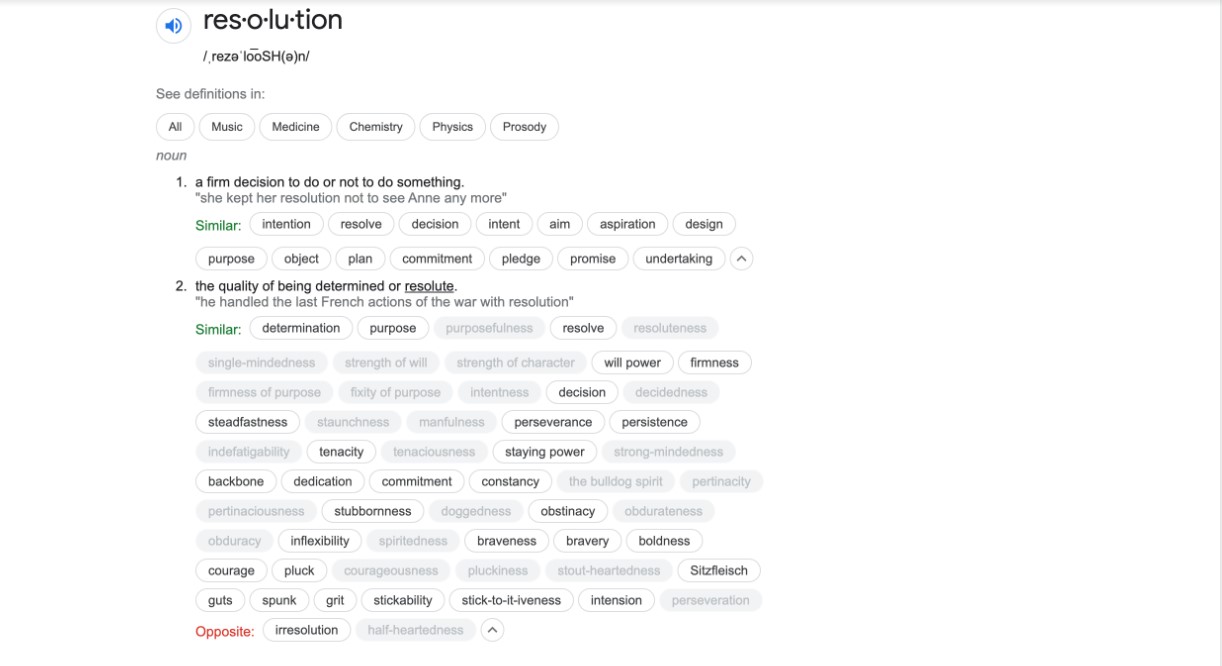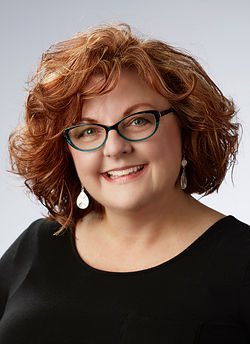Education Re-Solutions for 2023
Synonyms for the word resolution could serve as guidance for solving education problems in the year ahead

Typically the month of January is dedicated to resolutions for the new year. Many people focus on personal goals, while organizations usually establish budgets aligned with missions and visions.
In education, January represents the beginning of the end of the school year. During this month and February, we adjust budgets and review data to decide if we need to make different decisions around spending. Notes are taken around items that should be considered at the end of the school year in preparation for improving the next school year.
Reflecting on the journey public education has endured over these past several years, one could ponder if the field of education is in its January season. Is the profession at the beginning of the end? Perhaps there is a need for a resolution for education. The many synonyms for the word resolution could serve as guidance for this winter season of education.
Let’s take a look at a few:

Intention - Often, the decisions we make around education are knee-jerk. Even when we plan extensively, the day-to-day process of leading a school or district requires on-the-spot decisions. Developing a habit of intention is more challenging than it would seem. In philosophy, intentionality is “the power of minds and mental states to be about, represent, or stand for, things, properties, and states of affairs.” Every effort should be made to make decisions in education with intentionality. By doing so, we can improve the institution of education and the lives of the staff and students the institution serves.
Aspiration - Dr. Susan Enfield stated in a recent address to her Washoe School Board that the nation would look to Washoe Schools for what a community in partnership with its public school system can achieve for its children. The district aspires to reach this expectation under the direction of this incredible leader. Superintendents have a thankless position in the community for the most part. Still, business leaders, government leaders, and local community activists should consider the district superintendent a key role in the community and work to help them be successful. A district can soar to the top through partnerships like the ones Dr. Enfield seeks.
Willpower - The challenging aspect of leading a school or district is the fact you are leading a microcosm of the community that few have perspectives about. Other microcosms are self-selected – for example, churches, grocery stores, and banking are communities of people who decided to join. Schools are created by every family in the community having a child under 18. It takes willpower to lead these microcosms because everyone doesn’t come from similar backgrounds or values, and sometimes families don’t appreciate the differences in the people of a community. Judgment and negativity present themselves. Willpower is essential for a district's teachers, principals, and other education leaders. The amount they need will vary each day, but they will need a healthy dose of it every day.
Tech & Learning Newsletter
Tools and ideas to transform education. Sign up below.
Inflexibility - If we’ve learned anything through the pandemic, we’ve learned flexibility. As we return to post-normal in our classrooms, schools, and districts, let’s not throw the baby out with the bathwater. Flexibility is good for students and staff. Allowing everyone to exercise flexibility can be one of the best decisions you make this year.
Boldness - Recently, Seattle Public Schools filed a lawsuit against social media companies based on social media's impact on children’s mental health. That’s bold! And it is exactly what districts should do for the community of children they serve and protect. If every district assumed this boldness in their respective neighborhoods, where could education be in this country?
Pluck - Throughout the years, schools and districts have adopted practices that have seen their prime, and these practices need to be plucked. Some should just go away, and others should be replaced with updated and relevant practices that are more efficient and have opportunities for better outcomes. This doesn’t only apply to instructional practices; plenty of organizational practices need plucking.
If we are entering the winter of education, these resolutions might be just the ticket to rejuvenating for a spring. There is no time like now to turn around education and make it what it is meant to be for every community: a way for children to learn the principles and values of our community and develop the necessary skills to become productive and contributing citizens. This is our goal as educators, and this is our year to shine!
Happy New Year!
Dr. Ray's career includes designing technology within the Frist Center for the Visual Arts and directing technology research through Vanderbilt University School of Medicine Science Outreach programs. As a district administrator for Metropolitan Nashville Public Schools, she led the award-winning design, implementation, and evaluation of instructional technology programs, including instructional design for online and blended learning environments, redesigning physical learning environments, redefining school libraries, and establishing the first virtual high school to award the diploma. She leads K20Connect and other passion projects supporting K20 education around the world.

